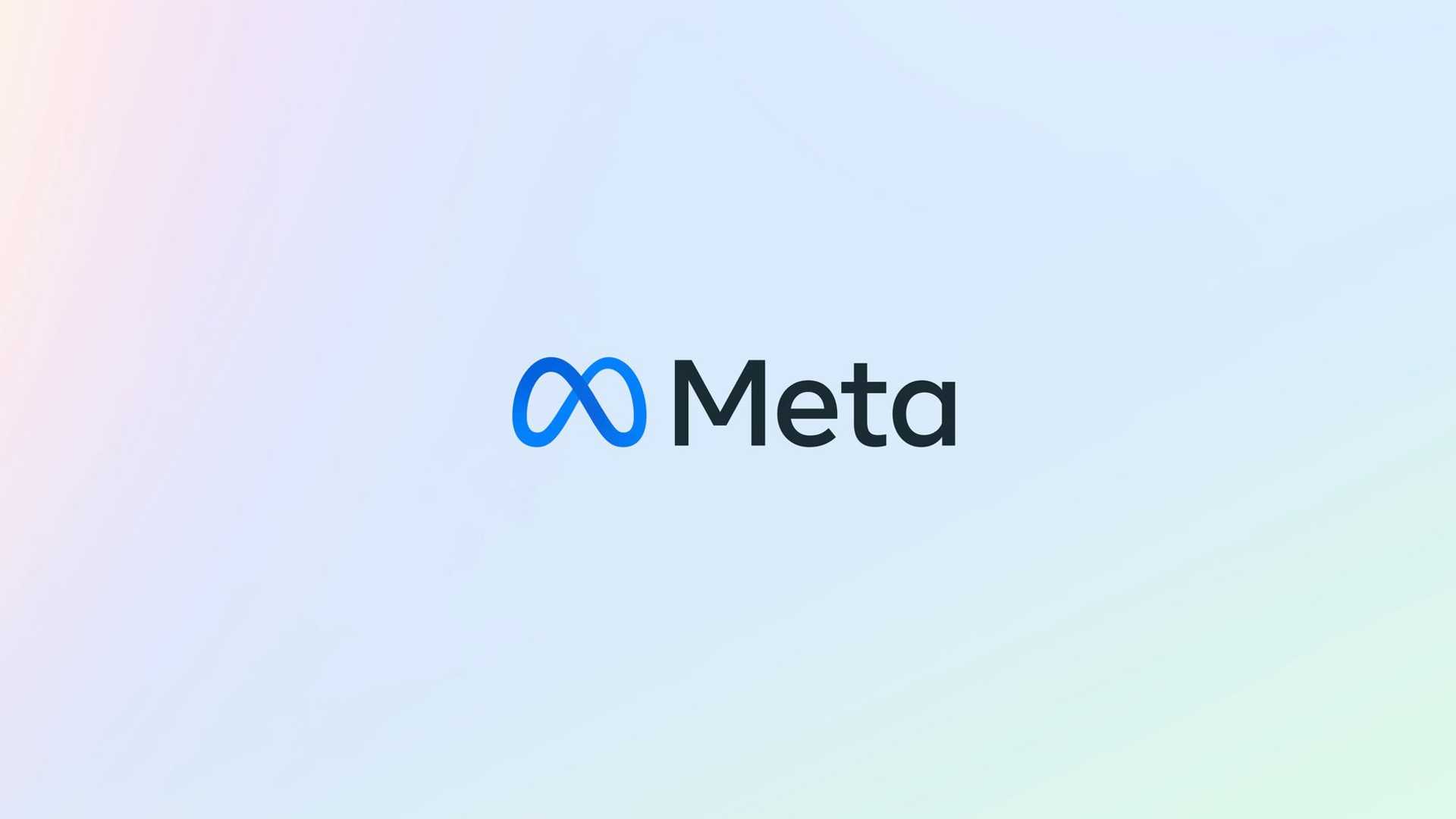OpenAI And ChatGPT: The FTC Investigation Explained

Table of Contents
The FTC's Concerns Regarding OpenAI and ChatGPT
The Federal Trade Commission (FTC) launched its investigation into OpenAI, the creator of the widely popular chatbot ChatGPT, citing several serious concerns. These concerns fall broadly into three categories: data privacy and security, deceptive trade practices, and general consumer protection issues.
Data Privacy and Security Concerns
The FTC's primary concern centers around the vast amounts of data collected by ChatGPT and the potential risks to user privacy and security. The investigation scrutinizes OpenAI's practices regarding:
- Data Collection and Use: The FTC is examining how ChatGPT collects, uses, and stores user data, particularly sensitive personal information. Concerns exist about whether OpenAI complies with data privacy laws like COPPA (Children's Online Privacy Protection Act) and GDPR (General Data Protection Regulation), especially regarding the collection of data from minors.
- Data Security: The FTC is assessing the security measures implemented by OpenAI to protect user data from breaches and unauthorized access. A breach could expose highly personal information, leading to identity theft, financial loss, and reputational damage for affected users.
- Bias and Discrimination: The training data used for ChatGPT may contain biases reflecting societal prejudices. The FTC is investigating whether these biases lead to discriminatory outcomes, impacting certain demographic groups unfairly. This raises concerns about fairness and equitable access to AI technology.
Deceptive Trade Practices Allegations
The FTC is also investigating allegations that OpenAI engaged in deceptive trade practices. This involves claims that:
- Misrepresentation of Capabilities: ChatGPT's capabilities may be overstated, leading consumers to believe it can perform tasks beyond its actual abilities. This could mislead users, especially in contexts requiring high accuracy and reliability.
- Lack of Transparency: The FTC may investigate whether OpenAI adequately disclosed the limitations of ChatGPT, its potential for errors, and the risks associated with its use. A lack of transparency could be considered a deceptive practice.
- False Advertising: If OpenAI’s marketing materials or statements misrepresent ChatGPT’s capabilities or reliability, it could be subject to legal action for false advertising.
Consumer Protection Issues
The FTC has a broad mandate to protect consumers from unfair or deceptive business practices. In the context of the OpenAI and ChatGPT FTC investigation, this involves:
- Unforeseen Harms: The FTC is assessing the potential for unforeseen harms arising from the use of ChatGPT, particularly in sensitive contexts like healthcare or finance. The lack of human oversight in some applications could lead to negative consequences for consumers.
- Remedies for Harm: The FTC is exploring potential remedies for consumers who have suffered harm due to ChatGPT’s shortcomings, inaccuracies, or biases. This could include financial compensation or other forms of redress.
OpenAI's Response to the FTC Investigation
OpenAI has publicly acknowledged the FTC investigation and has taken steps to address the concerns raised.
OpenAI's Official Statements
OpenAI's official statements emphasize their commitment to responsible AI development and user safety. They have highlighted their ongoing efforts to improve data privacy, mitigate biases, and enhance transparency in ChatGPT's operations. Specific quotes from these statements would be included here if publicly available.
OpenAI's Actions Taken
In response to the FTC’s concerns, OpenAI has undertaken several initiatives, including:
- Enhanced Data Security Measures: Implementing stricter security protocols to safeguard user data from unauthorized access and breaches.
- Improved Bias Mitigation Techniques: Developing and implementing methods to identify and reduce biases in the training data and ChatGPT's outputs.
- Increased Transparency: Providing more information to users about ChatGPT's limitations, data usage practices, and potential risks.
Potential Outcomes and Future Implications of the FTC Investigation
The FTC investigation into OpenAI and ChatGPT could have significant ramifications for the future of AI development and regulation.
Possible Settlements and Penalties
Several outcomes are possible: a settlement with OpenAI involving changes to its practices and potentially financial penalties; a formal complaint leading to administrative law proceedings; or even a lawsuit seeking substantial fines and injunctive relief. This case could set a crucial precedent for how the FTC regulates AI companies.
Impact on AI Regulation
This investigation is likely to accelerate the development of AI regulations globally. It may lead to stricter data privacy laws, increased transparency requirements for AI systems, and the establishment of ethical guidelines for AI development and deployment.
The Future of OpenAI and ChatGPT
The long-term impact of this investigation on OpenAI and ChatGPT remains uncertain. It could lead to significant changes in ChatGPT's functionality, data handling practices, or even its deployment strategy. The outcome will heavily influence how other AI companies approach development and deployment.
Conclusion: Understanding the OpenAI and ChatGPT FTC Investigation
The FTC investigation into OpenAI and ChatGPT underscores the crucial need for responsible AI development and robust consumer protection measures. The concerns raised by the FTC – data privacy, deceptive trade practices, and consumer protection – highlight the potential risks associated with powerful AI technologies. OpenAI's response, while significant, needs continued monitoring for its effectiveness. This investigation will undoubtedly shape the future of AI regulation and the development of AI technologies. Stay updated on the latest developments in the OpenAI and ChatGPT FTC investigation to understand its implications for your business and personal use of AI.

Featured Posts
-
 Ftc V Meta The Latest Updates On Instagram And Whats App
Apr 23, 2025
Ftc V Meta The Latest Updates On Instagram And Whats App
Apr 23, 2025 -
 2569
Apr 23, 2025
2569
Apr 23, 2025 -
 Nestor Cortes Strong Rebound Shutout Against Reds
Apr 23, 2025
Nestor Cortes Strong Rebound Shutout Against Reds
Apr 23, 2025 -
 Manager Terry Franconas Illness Forces Him To Miss Brewers Game
Apr 23, 2025
Manager Terry Franconas Illness Forces Him To Miss Brewers Game
Apr 23, 2025 -
 Recession Fears Rise In Canada Economists Analysis Of Tariff Impacts
Apr 23, 2025
Recession Fears Rise In Canada Economists Analysis Of Tariff Impacts
Apr 23, 2025
